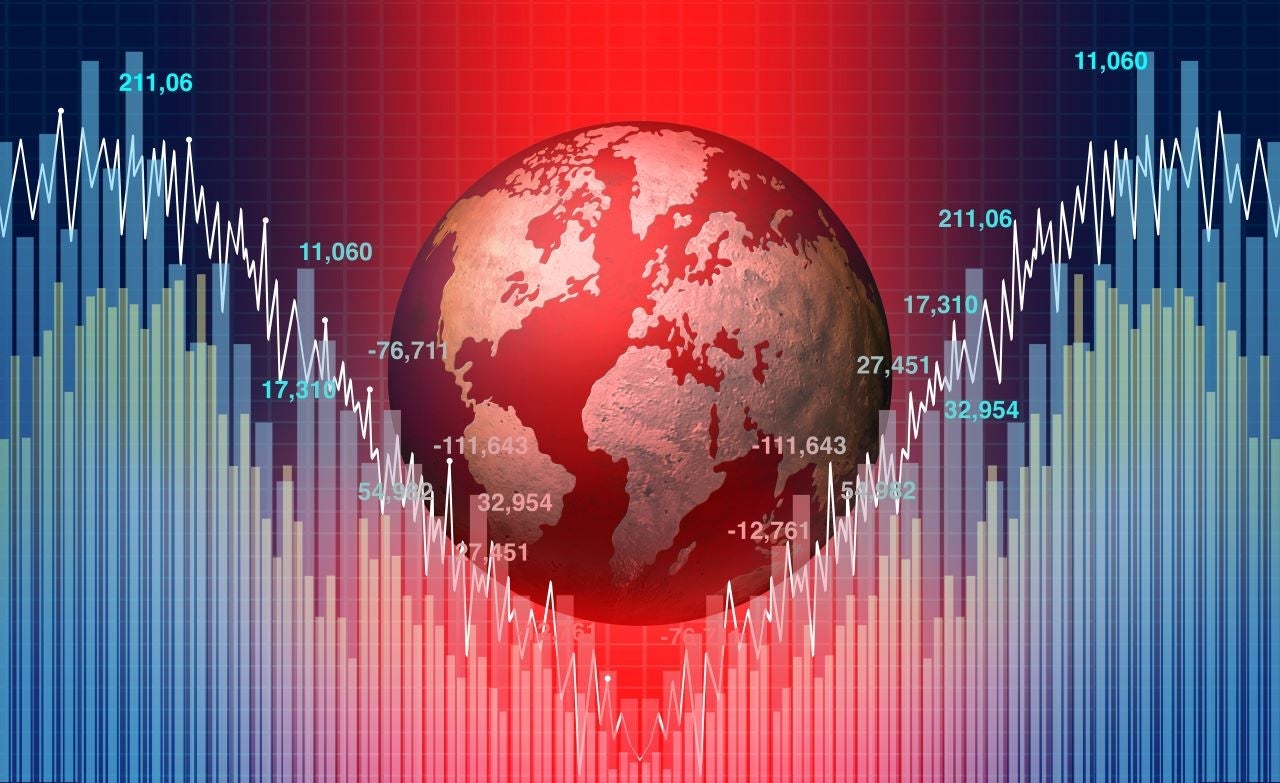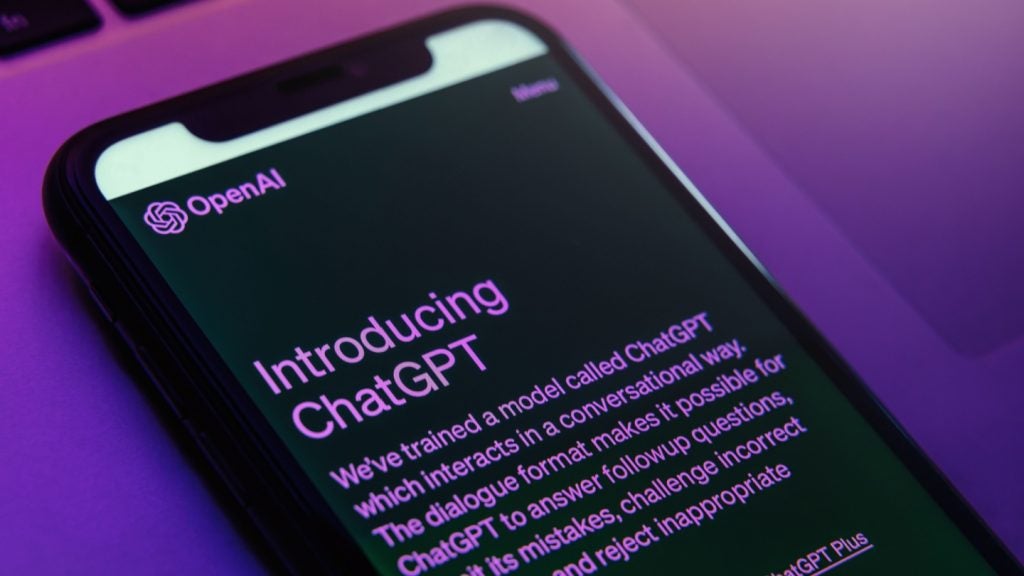
In a world plagued by a cascade of crises, it is easy to succumb to despair. However, according to three prominent thought leaders—Gordon Brown, Mohamed El-Erian, and Michael Spence—there is hope on the horizon. These influential figures have drawn on their extensive experience in tackling past crises and published a book to chart a course for overcoming the challenges facing our world today.
The leaders presented the ideas in their book Permacrisis – A Plan to Fix Our Fractured World at the Emmanuel Centre on September 25, 2023.
Addressing the crisis landscape
Gordon Brown, the former Prime Minister of the United Kingdom and current UN Special Envoy for Global Education, knows a thing or two about crisis management, having navigated the tumultuous waters of the 2008 financial crash. He underscores the urgent need for comprehensive policies that encompass three critical aspects: environmental stewardship, effective economic management and international cooperation.
Brown’s vision entails transforming our global economy to prioritise environmental sustainability while mitigating the volatility of economic cycles and promoting equity. He believes this approach can serve as a potent antidote to some of the most pressing crises, particularly escalating environmental damage.
The challenge of zero economic growth
Michael Spence, a distinguished economist and Nobel laureate, highlights the current conundrum of zero economic growth. Since the COVID-19 pandemic, we have shifted from a demand-constrained world to one characterised by supply chain constraints. Spence notes that this reality, combined with an ageing population, diversifying supply chains and declining productivity, presents a formidable challenge.
The consequence of this zero-growth trend is that wealth distribution remains imbalanced and addressing global issues becomes a zero-sum game. The speakers assert that AI will play a pivotal role in rejuvenating productivity and environmental stewardship. While such economic transformation takes place, Brown advocates for a tax on petrostates. He compels them to take on the responsibility of their contributions to environmental damages to support the poorest nations who are feeling the impacts of climate change more than anyone.
How well do you really know your competitors?
Access the most comprehensive Company Profiles on the market, powered by GlobalData. Save hours of research. Gain competitive edge.

Thank you!
Your download email will arrive shortly
Not ready to buy yet? Download a free sample
We are confident about the unique quality of our Company Profiles. However, we want you to make the most beneficial decision for your business, so we offer a free sample that you can download by submitting the below form
By GlobalDataHarnessing the power of AI
The role of AI in spearheading productivity and sustainability cannot be overstated. Spence identifies AI, particularly gen AI, as a catalyst for a productivity explosion. To unlock this potential, the speakers emphasise that there needs to be increased attention on policies maximising AI’s benefits as current downside risk protection policies are overshadowing the upside benefits. Africa offers huge potential in this area, with its significant population growth and underinvestment, it holds vast opportunities for tech and AI investments. This will be an important means to bolster the continent’s economies and alleviate poverty.
Global cooperation in turbulent times
To take advantage of the opportunities the global landscape needs, cooperation is essential. However, we have to ask how possible this is given current global dynamics and whether democracies should work alongside abusive governments with dire human rights records. Geopolitical dynamics, such as US-China relations, pose significant challenges.
Mohamed El-Erian, chief economic adviser at Allianz and former chair of President Obama’s Global Development Council, identifies that we have moved beyond decoupling with China and live in a “new risk order” where former cooperation is under strain. Non-Western states, feeling marginalised from Western behaviour, have enabled China to expand its influence, intensifying competition. China has avoided the “middle-income trap” and “Thucydides trap” and is now a strong power player, yet its actions and stance on human rights pose major challenges for democracies to cooperate with
Brown calls for accountability on human rights issues but warns against the consequences of not cooperating: a divided world—potentially leading to a “splinternet” of Western and Chinese data.
A call to action
In a nutshell, these visionary leaders propose a multifaceted approach to address the world’s most pressing crises. While this article provides a brief overview of their discussion, their book delves into greater detail, offering insights into our world’s current state. It also highlights the dominant themes shaping global discourse and the optimism required to surmount these challenges.
As Mohamed El-Erian aptly observes, we are adept at responding to crises but less skilled at maintaining peace. Perhaps, the key lies in proactive efforts to ensure peace and stability, even when crises aren’t looming on the horizon. Waiting until it is too late is a luxury we can no longer afford in a world beset by complex, interwoven challenges.







Related Company Profiles
Allianz SE